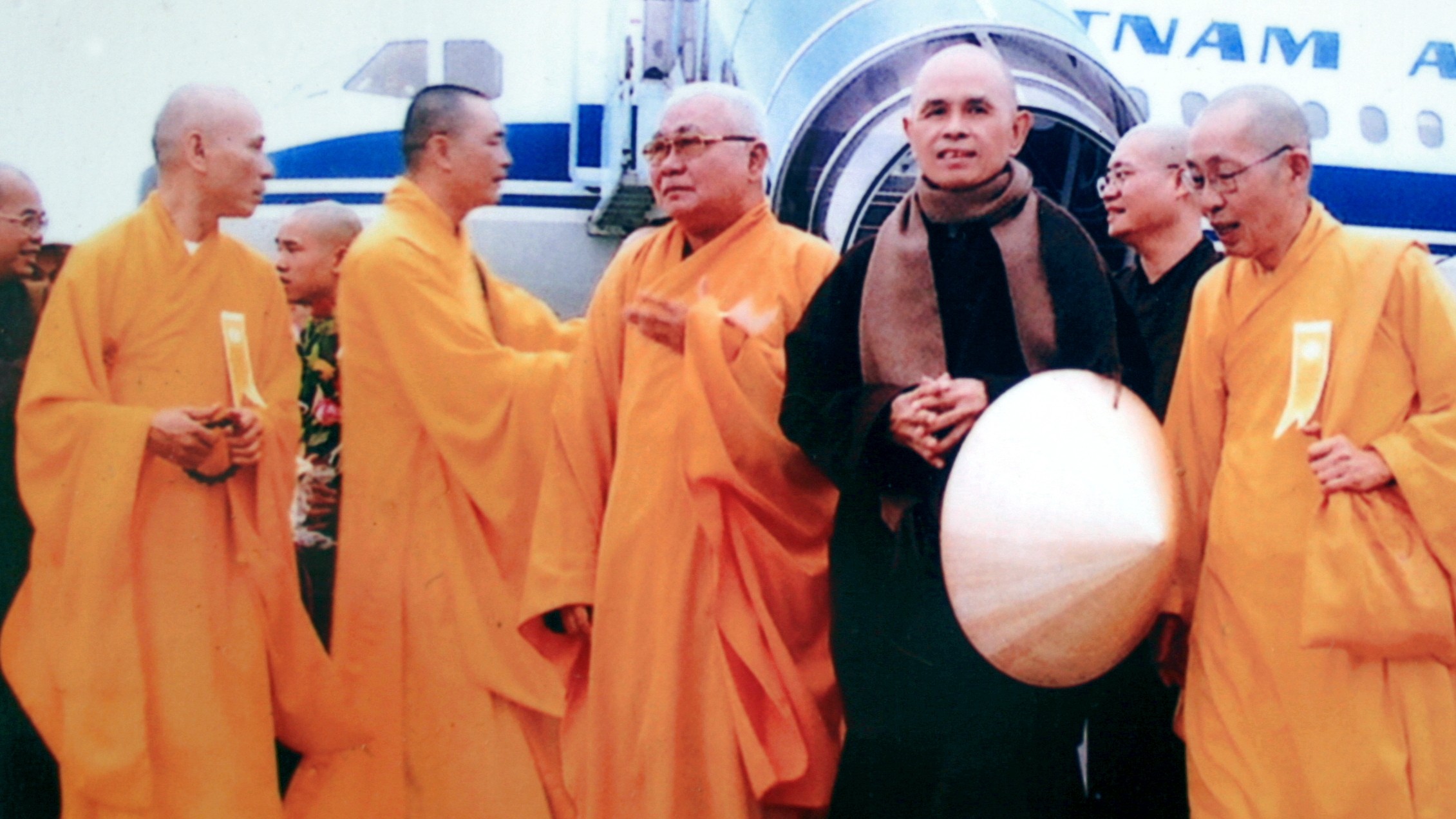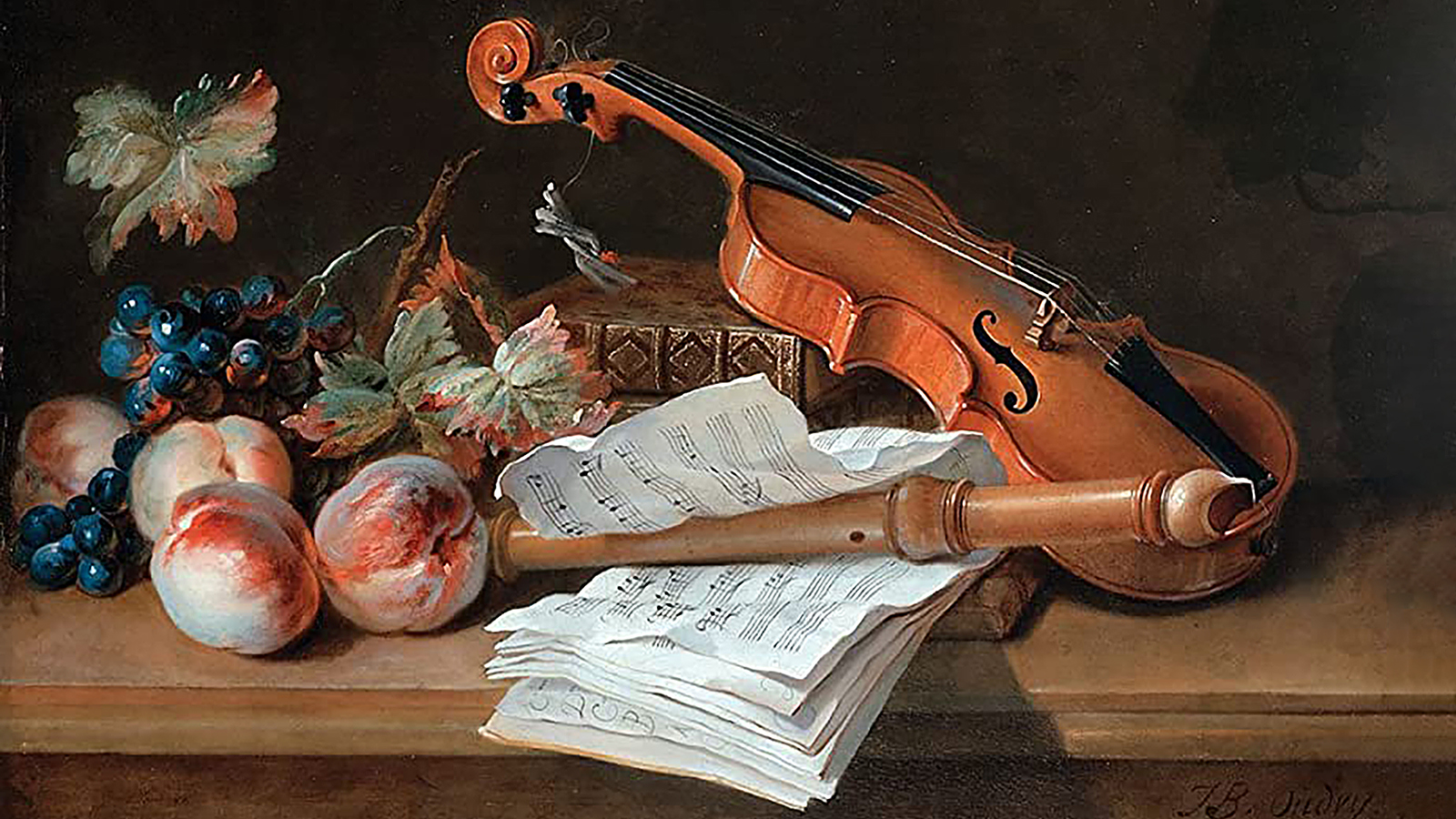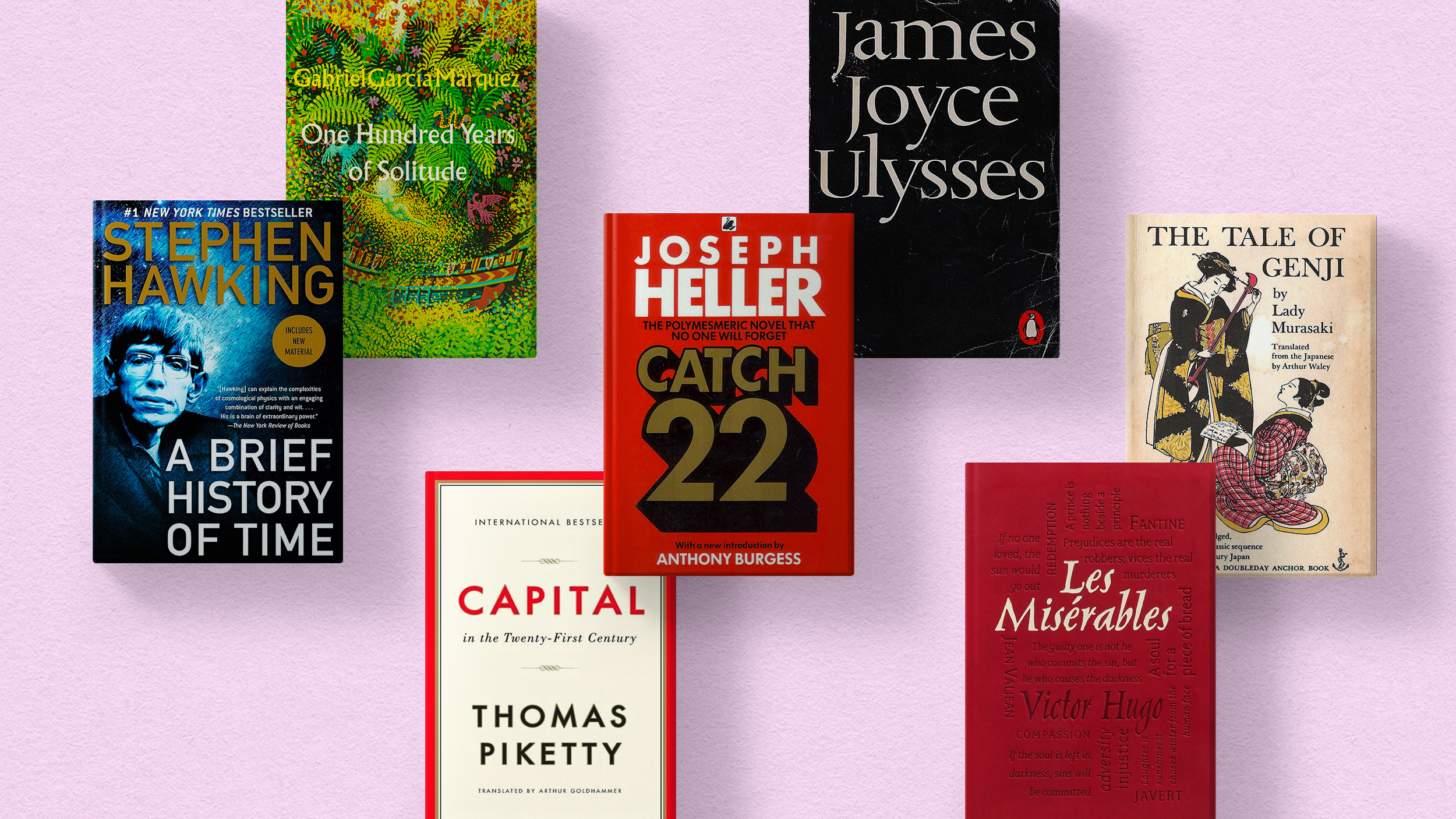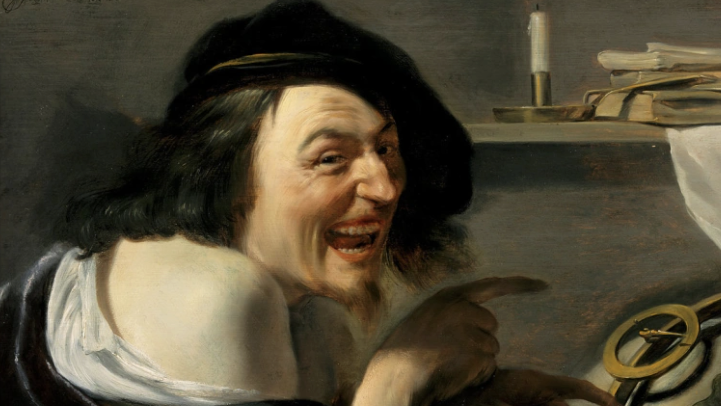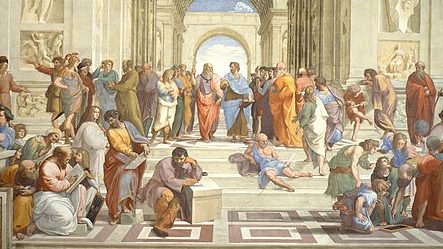Lessons from 5 great books that will change your life
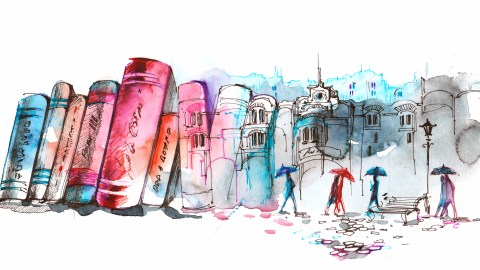
- Great books offer readers a unique experience to develop themselves by experiencing the world through other people’s stories.
- They remind us that the human experience is virtually the same regardless of geography or time period.
- In this article, we discuss five great books that should prompt us to work on what needs fixing the most in the world: ourselves.
Great books offer readers a unique experience to develop themselves by experiencing the world through other people’s stories. They prompt deep reflection and serve as cautionary tales, which can be powerful if the lessons we learn from them are wisely applied to our lives.
Furthermore, great books remind us that the human experience is virtually the same regardless of geography or time period. What’s more, they encourage clarity of thought, which can help us navigate difficult circumstances in a turbulent world.
The following are five great books that should prompt us to work on what needs fixing the most in the world: ourselves.
The Brothers Karamazov
Life lesson: We are all responsible for evil in the world.
Fyodor Dostoevsky’s realist novel comes alive within the historical context of 19th century Russia’s social upheaval. It tells the story of a father and his three sons as they navigate one of the most pivotal eras in Russia’s history. The novel is part murder mystery, as all three sons are implicated in the sinister and puzzling murder of their father. The overly intellectual second son is especially burdened by the prominence of evil in the world, and his experience reflects the deep concerns about humanity, freedom, good, and evil that have come to characterize modern life.
One of the novel’s main lessons is rooted in the Eastern Orthodox belief that all are responsible for all, implying that we have all contributed to the destruction of our world, which may contrast with Western ideas about individualism. Against the backdrop of Russia’s rich history, Dostoevsky depicts the ups and downs of our shared human experience, reminding us that we also have the power to change things. As we watch the world’s trajectory with increasing alarm, the novel’s epilogue suggests that a small spark of truth in each of us is enough to reignite the desire for the good, the true, and the beautiful.
Things Fall Apart
Life lesson: Be flexible and pragmatic, not rigid.
In Chinua Achebe’s classic Things Fall Apart, we are taken through one man’s struggle with himself as his society morphs before his eyes. The story follows a well-respected warrior from a precolonial clan in southeastern Nigeria, who watches with chagrin as the influence of Christian missionaries and colonialists grows among his people. The tale explores the rich precolonial traditions of the Igbo people, as the warrior frantically fights to preserve his people’s traditions and way of life. However, in the end, he realizes things have gone too far, and Igbo society as he believes it to be is falling apart.
Achebe’s warrior refuses to accept that societies are dynamic and constantly subject to change. In his rigidity, the warrior refuses to concede that his idealistic picture of Igbo tradition also included some practices that dehumanized others. Similarly, in his virtual hatred of weakness, he takes his ordinarily virtuous courage to the extreme, resulting in his self-inflicted demise. In his self-absorption, he turns the violence of colonialism on himself, thinking that this last act of defiance will further his cause. However, the warrior fails to realize that time obliterates the rough contours of our individual actions, smoothing them into the constant churning of history. In essence, everything he (rightfully) fought for probably died with him. Achebe warns against strict interpretations of society and encourages us to be flexible and pragmatic, emphasizing the need to resist rigidity.
Revelation
Life lesson: Maybe you are the problem.
Deeply worried about the prevalent nihilism she saw, Flannery O’Connor’s collection of short stories set out to shock readers into contemplation. Her most memorable characters are respectable, well-meaning Christians whose outward attempts at piety sharply contrast with their deep inner conceit. These characters masterfully hide behind politeness and societal propriety while remaining self-serving on the inside, and O’Connor sought to violently shake her characters (and readers) out of this complacency. In Revelation, a respectable, class-conscious woman is unexpectedly assaulted by a teenage girl who is evidently disgusted by her vanity. The woman’s social façade is momentarily destroyed by the girl’s attempt to beat an introspection out for her.
Aside from its deft portrayals of Southern etiquette, the story shows us that the woman’s ordered worldview leaves no room for the humanity of others. However, the shock of the insult and the slight thrashing from the teenager are enough to wake her up to the idea that despite her manners, she can sometimes be quite nasty on the inside. At the center of the story is the idea that the beating and the insult were a grace to help the woman admit the truth to herself and begin interrogating her presumptuous views about herself and the people around her. Put simply, the woman’s black eye nudges us to ask ourselves: “Am I the drama?”
The Poor Christ of Bomba
Life lesson: We are blind to the suffering we inflict on others because we cannot see past our own suffering.
Set in the forests of colonial Cameroon, Mongo Beti’s The Poor Christ of Bomba tells the story of a French Catholic Father who discovers the futility in forcing beliefs, practices, or (in this case) virtues on others. The French priest has set up a unique home for training future wives where the women work on different tasks, cultivating strong Catholic virtues before they are allowed to marry. However, through a series of shocking revelations, he discovers that his virtuous objective ironically has been deflated by his conceit and that of those around him.
Several characters in the book expose the duplicity of human beings, where in one instance they find themselves as victims of the colonial system and, in another, as victimizers of those around them. The dual nature of their actions shows that they, probably like many of us, are blind to the suffering they inflict on others because they cannot see beyond their own suffering. Beti reminds us that it is easier than we think to oscillate between victim and villain — and the onus is on us to open our eyes, so we do not go blindly trampling over others in our quest for justice.
Faust
Life lesson: The daily grind to become a better person never ends.
Johann Wolfgang von Goethe’s Faust is a German classic which tells the story of a scientist’s frustrated striving to transcend the heights of human knowledge. Based on a medieval epic, the main character sells his soul to the devil in an attempt to surpass the limits of human experience. Naturally, this dubious decision (like many others that involve selling parts of yourself to nefarious beings) has devastating consequences. However, all is not lost, as in the end, the scientist through his persistent seeking comes to the realization that the whole cosmos (even evil) works toward the good.
The story’s main theme surrounds the concept that life is ceaseless striving, implying that we must keep working on ourselves; essentially, the grind never stops when it comes to developing oneself. Motion underpins our human experience, and the constant churning of the cosmos is reflected in Dr. Faust’s incessant need to learn, do, and experience more. Goethe’s tale teaches us that it is our duty, and a sacred one at that, to find out why we are here. We must keep asking important questions, looking inward, and learning from others. These are central to being true human beings.
What makes great books great?
Great books are usually characterized by two things: universality and timelessness. As these five stories show, historical context is almost irrelevant, as the human experience transcends time and space and geographic location.
Furthermore, great books can help us reorder our understanding of the world — or as literary critic Harold Bloom described it, they encourage us to “permanently rearrange the furniture of our lives.” That’s because they can influence nearly every aspect of our lives. They teach us to be critical, pragmatic, sharp, and empathetic thinkers. They also help build good character, and people with good characters form better institutions, societies, and nations.
